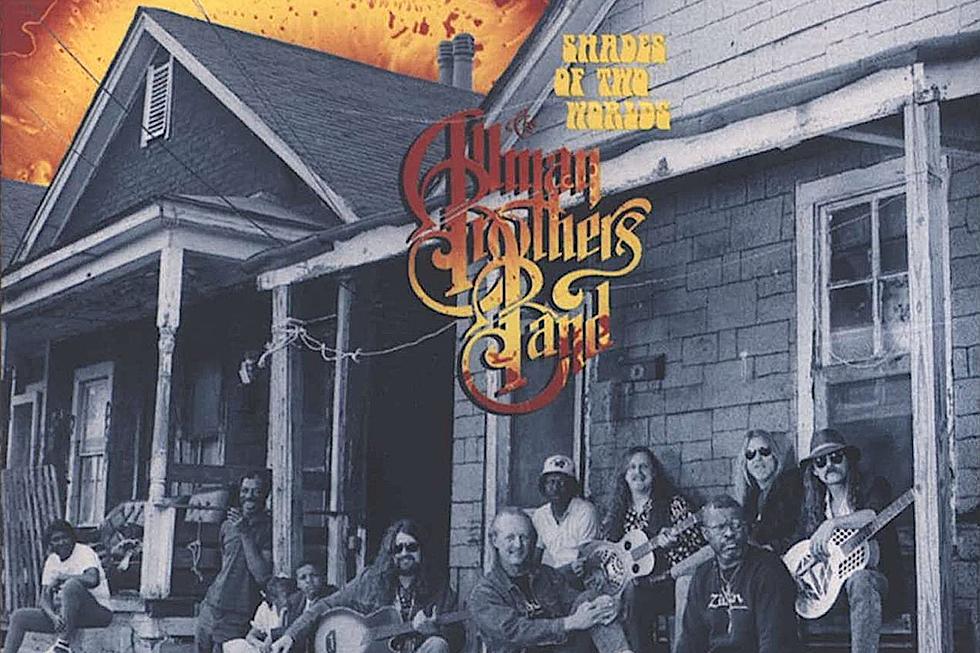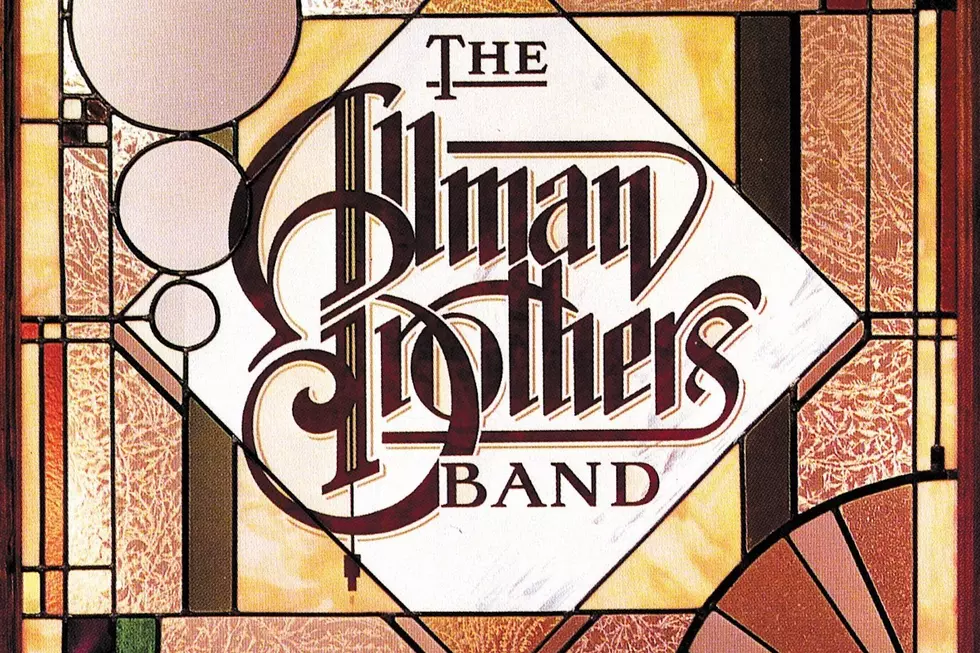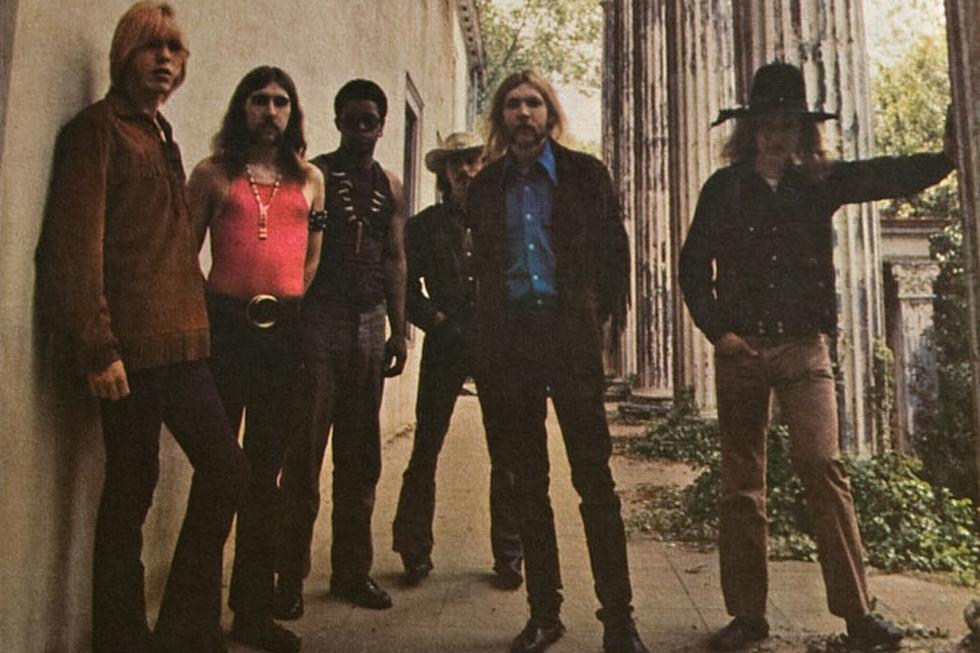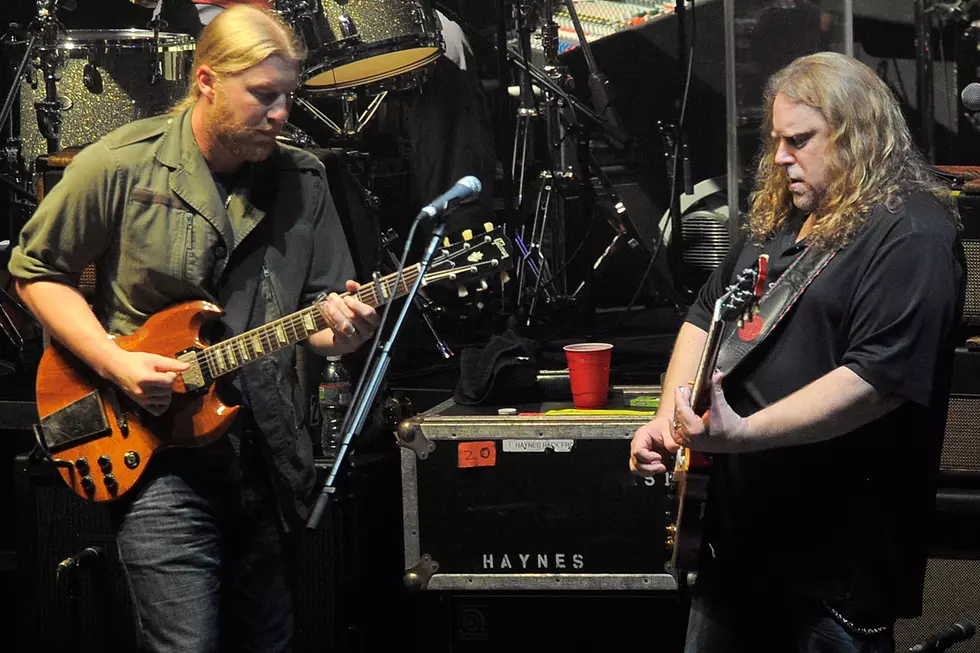
How Allman Brothers Band’s ‘Where It All Begins’ Became an Ending
The Allman Brothers Band spent the '90s making up for lost time. After releasing only two records of new studio material in the the previous decade (1980's Reach for the Sky, and Brothers of the Road the following year), they'd already released four albums by May 3, 1994, when Where It All Begins arrived.
A 20th anniversary tour in 1989 seemed to have given the Allman Brothers Band a renewed vigor. The group released the critically acclaimed Seven Turns in 1990, followed by Shades of Two Worlds in 1991 and the live project An Evening With the Allman Brothers Band: First Set in 1992.
Up next was Where It All Begins. Recorded live in the studio, it boasts a casual yet coherent feeling throughout. The Allman Brothers Band kick things off with the classic sounds of "All Night Train," but it is "Soulshine" – written by newer member Warren Haynes – that serves as the record's cornerstone. A slow-burning ballad that highlights Haynes' impeccable playing and Gregg Allman's soulful vocals, the song became a staple of the Allman Brothers Band's live show.
It was also regularly performed by Haynes' other group, Gov't Mule. Their tandem presence was but one reason Where It All Begins can be seen now as a transitional point for the Allman Brothers Band. Formed by Haynes and bassist Allen Woody the same year Where It All Begins arrived, this new group would remain a side job until 1997, when both decided to dedicate themselves to Gov't Mule full-time.
Haynes ultimately returned to the Allman Brothers Band, following Woody's death in 2000. Unfortunately, by then another key figure was missing. Where It All Begins was also the final studio recording featuring founding member Dickey Betts, before he was forced out for personal as well as professional reasons at the turn of the century.
Top 25 Southern Rock Albums
Tedeschi Trucks Band Discuss Their Influences
More From 92.9 WBUF










